email marketing campaign strategy
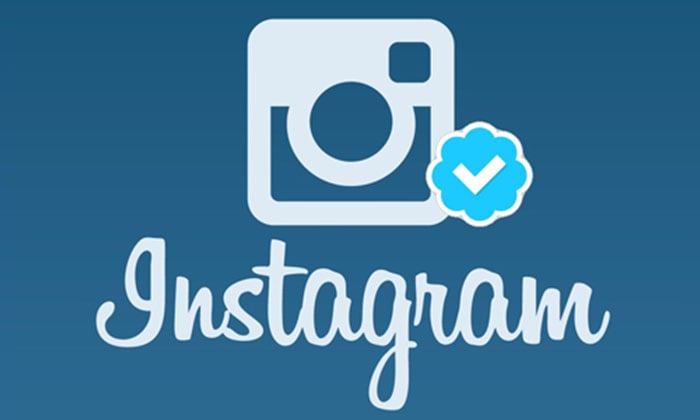
Getting verified on social media is one of the first steps to building a successful social media marketing strategy.
Whether it’s your personal account, your business account, or both, getting that little checkmark next to the profile name is massively important.
And not so that you look like one of the ‘cool kids.’
A verified social media account provides instant social proof and credibility when anyone looks up to you or your company online.
Verification can also help with networking and push your company to your industry’s forefront as a trusted option.
Getting verified on social media can be a challenge, and it might take some time, but it is definitely worth it.
But maybe you’ve already tried to become verified, and you were rejected.
Or perhaps you don’t know where to start.
Unless you’ve got a huge following like Beyonce, becoming a verified account takes some commitment and trial and error.
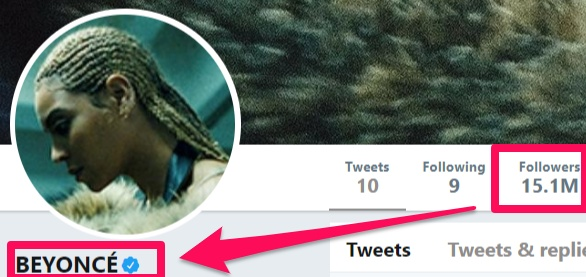
If you’ve tried to become verified before and you’ve been rejected, you’re probably not following the rules closely enough. For some sites, it’s a lot harder than others to show your worth.
But don’t give up.
I’m going to explain why your business isn’t verified on social media.
We’ll then walk through how to become verified on Facebook, Twitter, Instagram, LinkedIn, YouTube, Pinterest, and Snapchat.
Why Getting Verified on Social Media Matters
Twitter was one of the first social media platforms to introduce verification, and it took a while for it to become as important as it is today.
It began as a way for the platform to identify which Twitter accounts belonged to celebrities.
Now, getting verified on social media tells users which accounts belong to brands, companies, and influencers.
Basically, social media verification serves as an instant way to tell other users, “Hey, this account isn’t just your average Joe — pay attention to it!”
This is especially useful for trying to target younger users, who are the prime social-media demographic.
About 60% of Instagram users are between the ages of 18 and 29. Twitter is checked by 81% of Millennials every day.
Having that badge of proof means that your account is worth following, paying attention to, and interacting with. It’s how you know it’s really me on Facebook:

It immediately shows customers that any other accounts with that name are fake.
Which isn’t as huge of a problem for me as it is for mega-brands like Walmart. Check out this fake Walmart YouTube account:

Looks pretty legit at first glance, right?
There’s an official Walmart logo as the profile picture, and the description even says, “Walmart Official YouTube Channel.”
But upon further inspection, the account only has two video uploads and three subscribers.
So this fake account was probably created to gain followers, create a scam, or even potentially destroy Walmart’s brand by impersonating the company.
Based on the videos on this channel, it was probably created to use the Walmart name to gain subscribers or views:
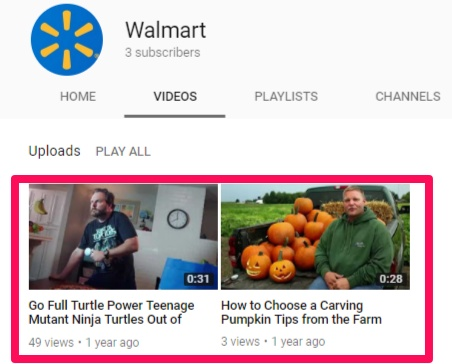
See how much trouble it is to find out if the account is real or not? Since it has no checkmark, we can guess it’s probably not the real deal.
But not every brand or company is verified, including Walmart’s official YouTube page when I first wrote this article. (Today, they’ve jumped on the verification bandwagon.)

So you can’t be sure until you evaluate things like the account’s number of followers and the kind of content on the page.
If it had a checkmark, there would be no guessing or research.
The benefits of verification are pretty easy to identify, and while the process can be easier said than done, it’s pretty painless overall.
The processes for getting verified are unique to each social media platform. So let’s go through the big ones.
Here’s how you can get verified on Facebook, Twitter, Instagram, LinkedIn, YouTube, Pinterest, and Snapchat.
1. How to Get Verified on Facebook
Facebook’s blue verification checkmark identifies media organizations, global brands, or public figures (like Khloe Kardashian).
The gray checkmark means that businesses (like Starbucks) or certain pages in specific locations are authentic.
Facebook for Influencers

To verify your personal account to become an influencer in your industry, begin by ensuring that your Facebook page is updated.
Add a recent profile picture and make sure your profile information is all filled out.
If you haven’t been posting regularly (on Facebook or any social media platform), you’ll need to wait until you’ve regularly posted for a consistent amount of time before trying to verify it.
You’ll also need to make sure your account is authentic, unique, complete, and notable, according to Facebook:
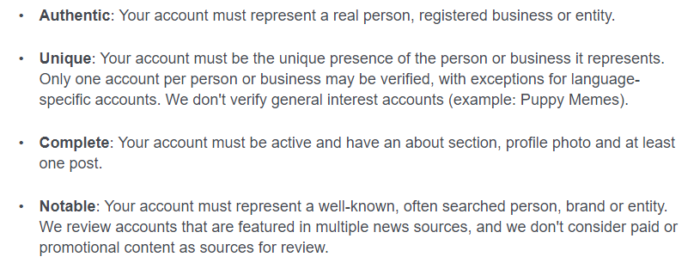
If you’ve completed these steps already, head to Facebook’s Request a Blue Verification Badge form.
Select the kind of page you’re looking to verify and complete the form accordingly by providing an email address, official website link, and more:
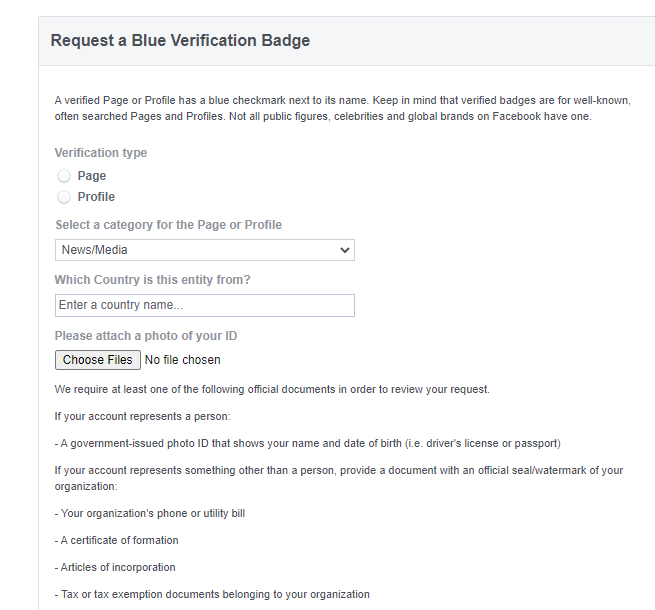
Be sure you have a digital copy of your ID since Facebook will use this upload to verify that it’s really you.
Facebook will process the request within a few days, but it could take a few weeks, so be on the lookout for their reply.
Facebook for Businesses
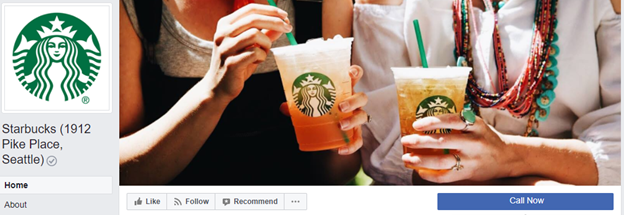
Business verification on Facebook confirms the account actually belongs to the business.
To verify your business’s Facebook account, head to your Business Manager, then look for security settings. Note that not all businesses need to be verified — and you might not be eligible. For example, if you use Monthly Invoicing to pay for ads, you won’t have to submit any documentation.
Once you find Security Settings, click on the Confirm Identity button. Submit a photo ID or upload the requested documentation. Enter your business details, then select your business from the list.
Then, select a phone number you can access from the list provided or select Use Domain Verification button. You can also select to have the verification code delivered by text or email.
Enter the verification code, and hit Submit.
You should expect to hear back from Facebook about verifying a business page within a few days. You will get a notification on your personal Facebook page when it’s been approved.
2. Get Verified on Twitter
According to Twitter, verification indicates an “account of public interest. Typically this includes accounts maintained by users in music, acting, fashion, government, politics, religion, journalism, media, sports, business, and other key interest areas.”
So if your account doesn’t fit into any of these areas, trying to verify it is pointless.
But if you do, Twitter gives some verification tips to increase your chances of getting verified.
For example, you have to have:
- A verified phone number
- A confirmed email address
- A bio
- A profile photo
- A header photo
- A website
- A birthday (if your account is not a company, brand, or organization accounts)
- Tweets set as public in Tweet privacy settings
Once you’ve met all these criteria, you can submit a formal verification request. (Note: Twitter sometimes puts their verification process on hold. If that happens, you’ll have to try back another time.)
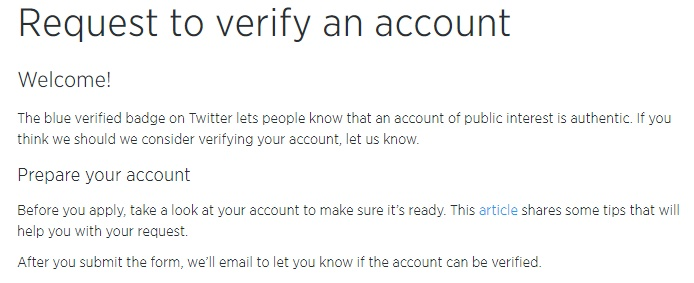
Be sure to fill out the form and include some backstory, in 500 characters or less, about why Twitter should verify your account.
You’ll also have to provide some website links that back up your claims.
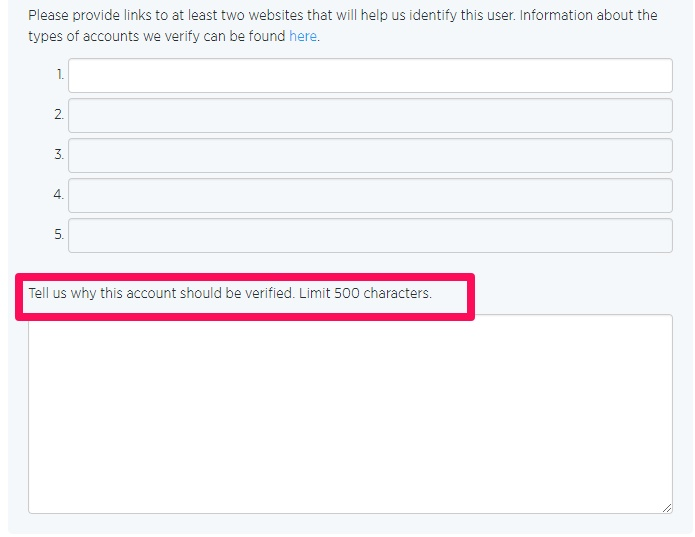
You can expect to hear back from Twitter within about a week.
3. Get Verified on Instagram
Out of all social media platforms, Instagram is probably the most selective when handing out verified badges.
According to Instagram, “Accounts representing well-known figures and brands are verified because they have a high likelihood of being impersonated.”
“We want to make sure that people in the Instagram community can easily find the authentic people and brands they want to follow.”
So becoming verified was pretty easy for someone like Justin Bieber:

If you’ve already got a huge following or you’re a mega brand, Instagram will probably go ahead and verify your page without you having to do anything:
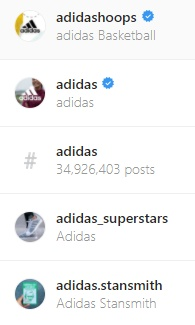
But if you’re not, focus on these two key tactics in the meantime:
- Build your following and post engaging images.
- Add as much identity-supporting information as possible to your profile to make it appear, official, even though there’s no checkmark.
If you take the time to make your account legitimate without having the official Instagram seal of approval, people will notice.
And hopefully, after a while, Instagram will too.
4. Get Verified on LinkedIn
Since LinkedIn is like Facebook of the professional world, you might think that their verification process would be a lot like Facebook’s.
But it’s not. The LinkedIn verification process works a little bit differently.
LinkedIn hands out check marks on the LinkedIn Lookup app.
These checkmarks prove that someone actually works for the company they’ve specified.
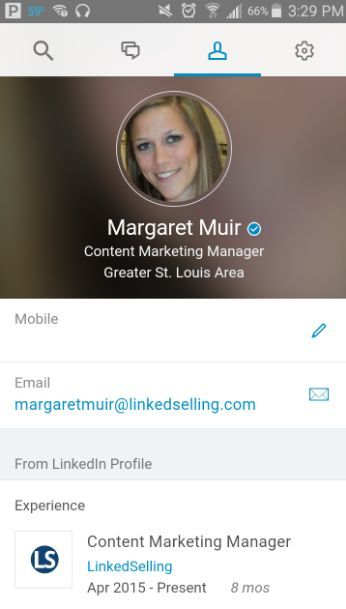
And this checkmark is miraculously easy to get.
All you have to do is request verification from LinkedIn and wait for a four-digit code to land in your business email address.
Then, enter the code into LinkedIn Lookup, and ta-da! You’re verified.
However, if someone doesn’t have a checkmark on LinkedIn, it doesn’t necessarily mean that their profile isn’t legit.
It probably just means they haven’t completed the verification process yet.
Another way to prove your credibility on LinkedIn is to get an invite to its Influencer program, like Bill Gates.
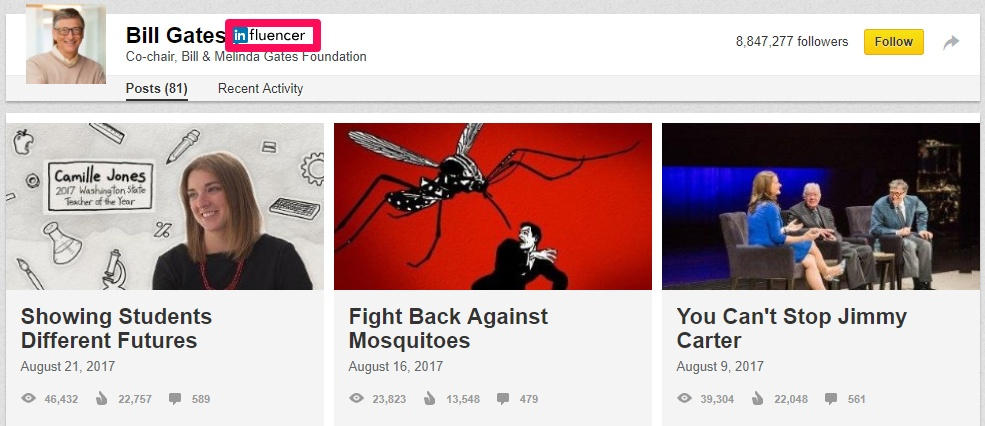
Since LinkedIn doesn’t allow people to apply to the Influencer program, your chances of joining the club with Bill Gates aren’t super high.
But, LinkedIn will be more likely to notice you if you start publishing your content on their platform.
You can also get a gold LinkedIn logo by upgrading to a Premium Membership as I did.
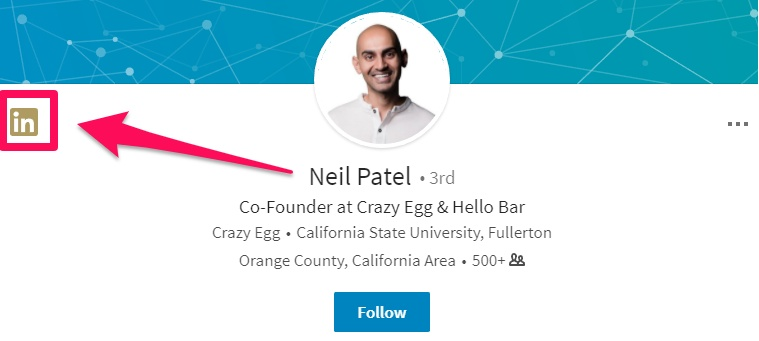
Anyone who pays for a Premium Membership gets this logo, but it makes things look a bit more official than those who don’t have it.
5. Get Verified on YouTube
Verifying your YouTube account and verifying your YouTube channel have almost nothing to do with one another, but they’re usually thought of as the same thing.
Here’s the difference between each kind of verification and why they’re both important.
Step 1. Verifying Your YouTube Account
Usually, this can be done once you first make a YouTube account.
YouTube will remind you at the top of your video manager page to give a cell phone number to tie to your account.
Once you’ve done this, and you should, YouTube will send you a verification code that you can enter in to prove that your account is real.
Completing this step is crazy important because you’ll get to enjoy these additional features:
- Uploads longer than 15 minutes
- Add customized thumbnails to your videos.
- Live stream
- Appeal content ID claims
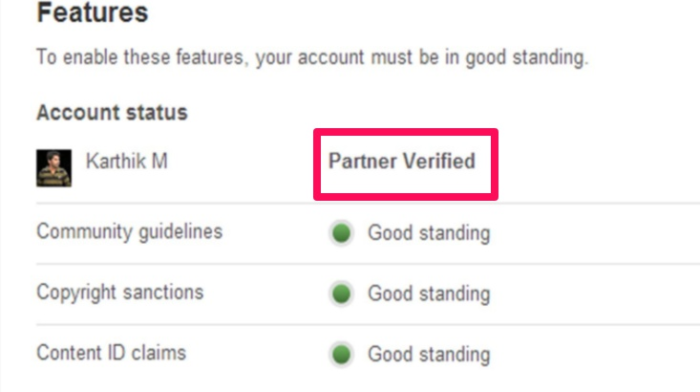
Step 2. Verify Your YouTube Channel
This is that the almighty little checkmark is placed next to a YouTube channel name.

And tons of creators are trying to get it.
To get it, you’ll need at least 100,000 subscribers and then apply for verification.
They’ll look to see if your channel is authentic and complete and give you the badge.
6. Get a Verified Account on Pinterest
Being verified on Pinterest means that users will know that it’s really your company pinning to boards on the platform. It will display a red checkmark and your URL at the top of your page, like this:
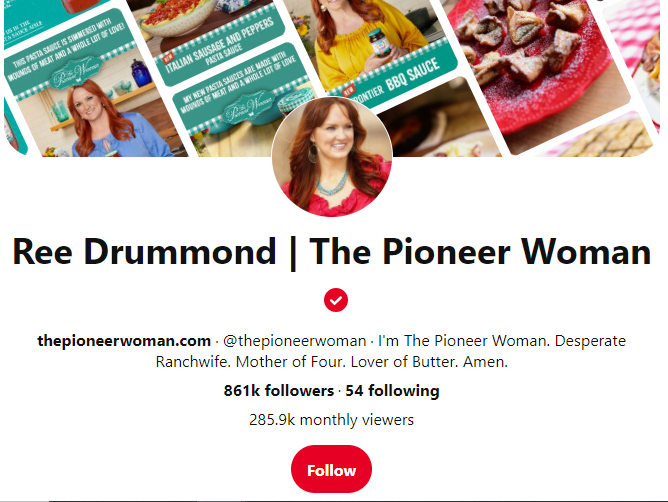
To start, make sure that the Pinterest account is a business one and not a personal one.
Then, confirm your website.
Next, include a “Pin It” button on your site.
From there, change your profile picture to your business logo.
To start, select the “Settings” option:
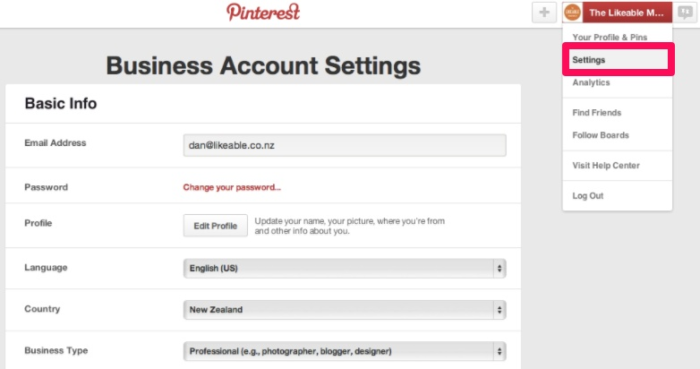
Scroll down to the bottom of the page where you added in your website URL.
You’ll also want to connect your Instagram, Youtube, and Etsy accounts, if you have them.
Then, click the Verify Website button to the right:
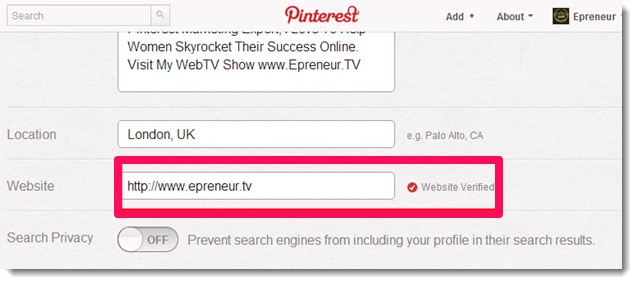
Click that, and the following instructions will appear.
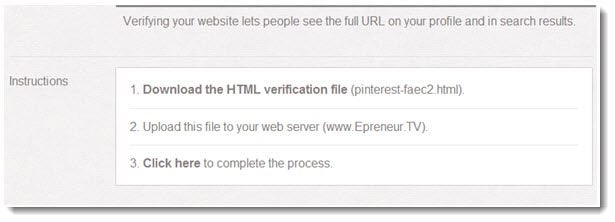
Follow each step accordingly, and Pinterest will notify you in a few days if you’ve been approved.
7. Get Verified on Snapchat
On Snapchat, verified users get something a bit different than the typical check mark.
They get an emoji of their choice.
For example, Kim Kardashian owns the 🍑 emoji:
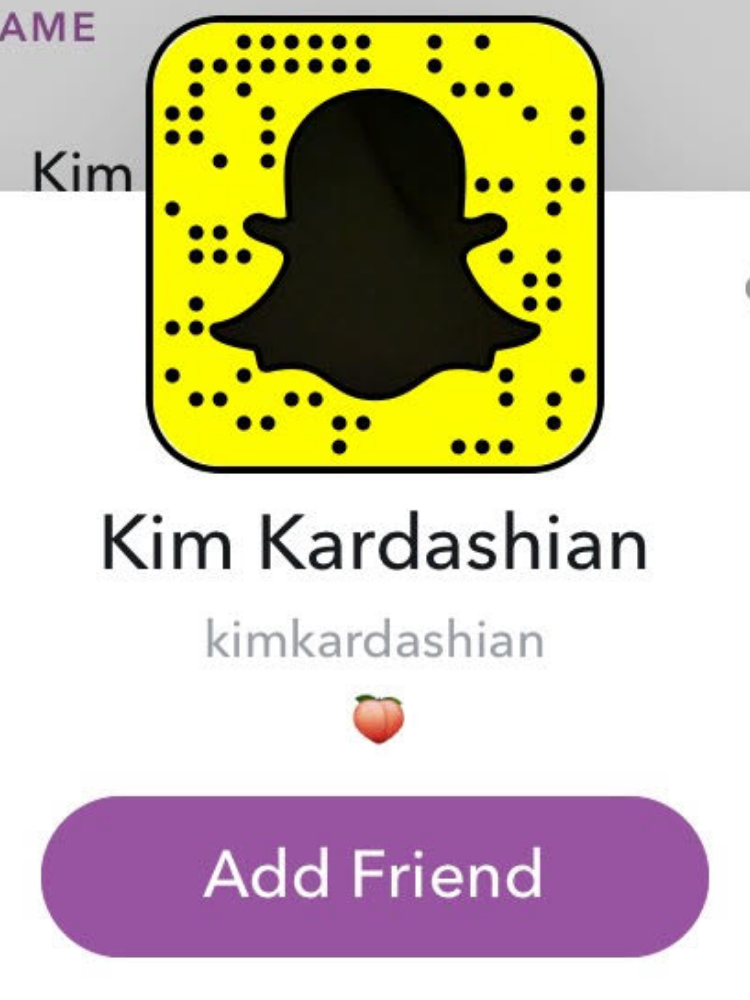
This is important because it’s virtually impossible to find a Snapchat user unless you know exactly what their account name is.
But with the use of emojis, finding any “verified” account becomes easy.
You don’t need to know their account name. You can enter their actual name.
Which is perfect for celebrity accounts like Justin Bieber or Kylie Jenner, since their account names are “rickthesizzler” and “kylizzlemynizzl.”
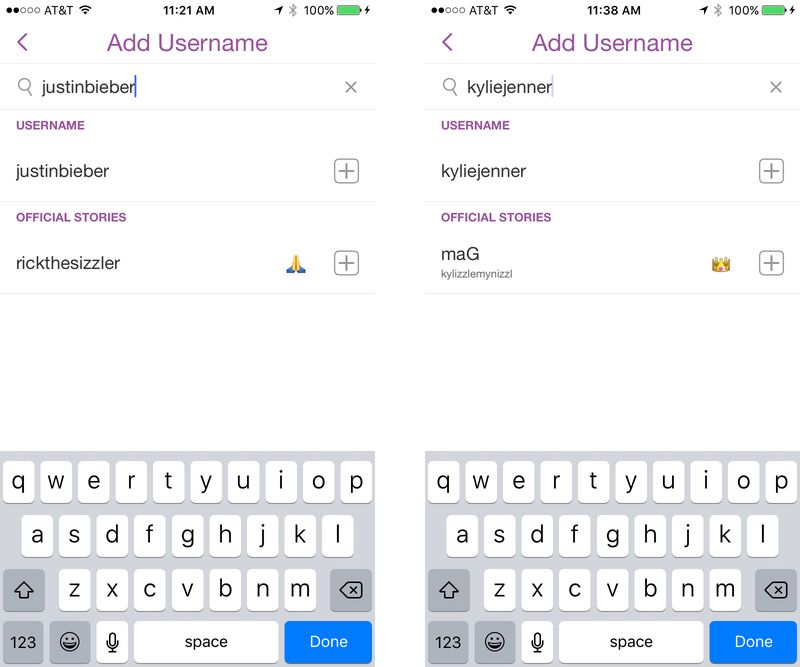
Snapchat has recently taken this a step further by providing a list of related accounts to follow when you scan a code with your phone’s camera:
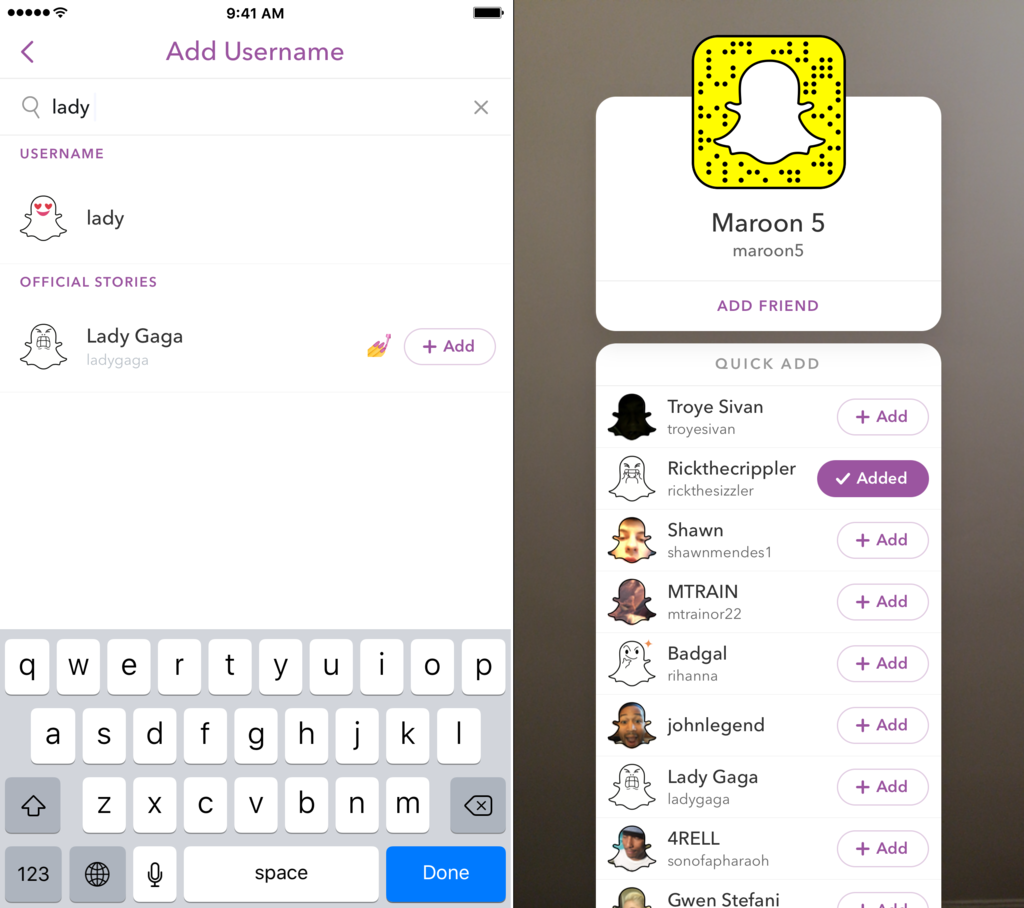
It looks like this will be the status quo for verification on Snapchat for awhile.
If you have a substantial following on the app, reach out to Snapchat representatives and find out if your account is worthy of verification.
You’ll have to provide some proof of your identity if you’re lucky enough to get them to agree to verify your account.
If you aren’t a Snapchat VIP, it might not be worth taking these steps to verify your account.
But, you never know if Snapchat will say yes or no, so it doesn’t hurt to just ask.
You can contact Snapchat through their “Contact Us” web page.
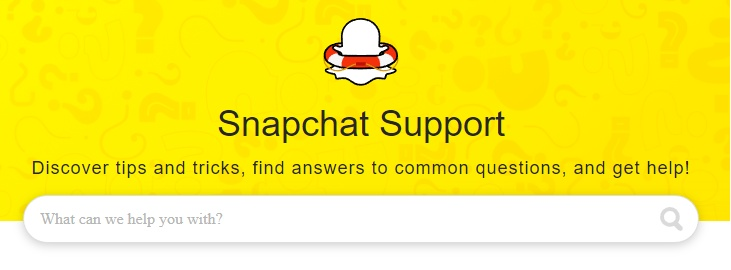
If they deny your request, you can always inquire about becoming verified at a later date once you’ve built an even larger following on their platform.
The more followers and connections you have on the app, the better chances you’ll have of Snapchat verifying you on the social media app.
8. Get Verified on TikTok
There are two different types of social media verification on TikTok: the blue check, for brands and organizations, and the yellow check, for public figures and famous creators.
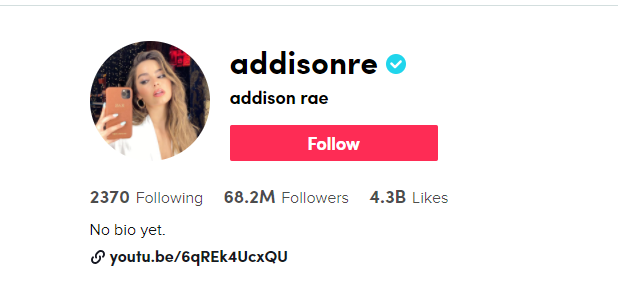
Currently, you cannot apply to be verified by TikTok, but that option may be available soon. If you have any questions, the sites suggest sending an email to verification_feedback@tiktok.com.
Conclusion
Getting verified on social media isn’t a one-size-fits-all task.
It actually isn’t even possible on all social media networks — Reddit, for example, does not verify any accounts.
If you’ve tried to become verified on social media platforms and were rejected, try to follow the platform’s requirements more closely.
Then, submit your request again once you’ve met all of the criteria.
If you do it right, you can get those check-mark credentials that everyone desires to help you build brand awareness.
Which social media platforms do you think are most important for verification?
Youtobe
No comments:
Post a Comment